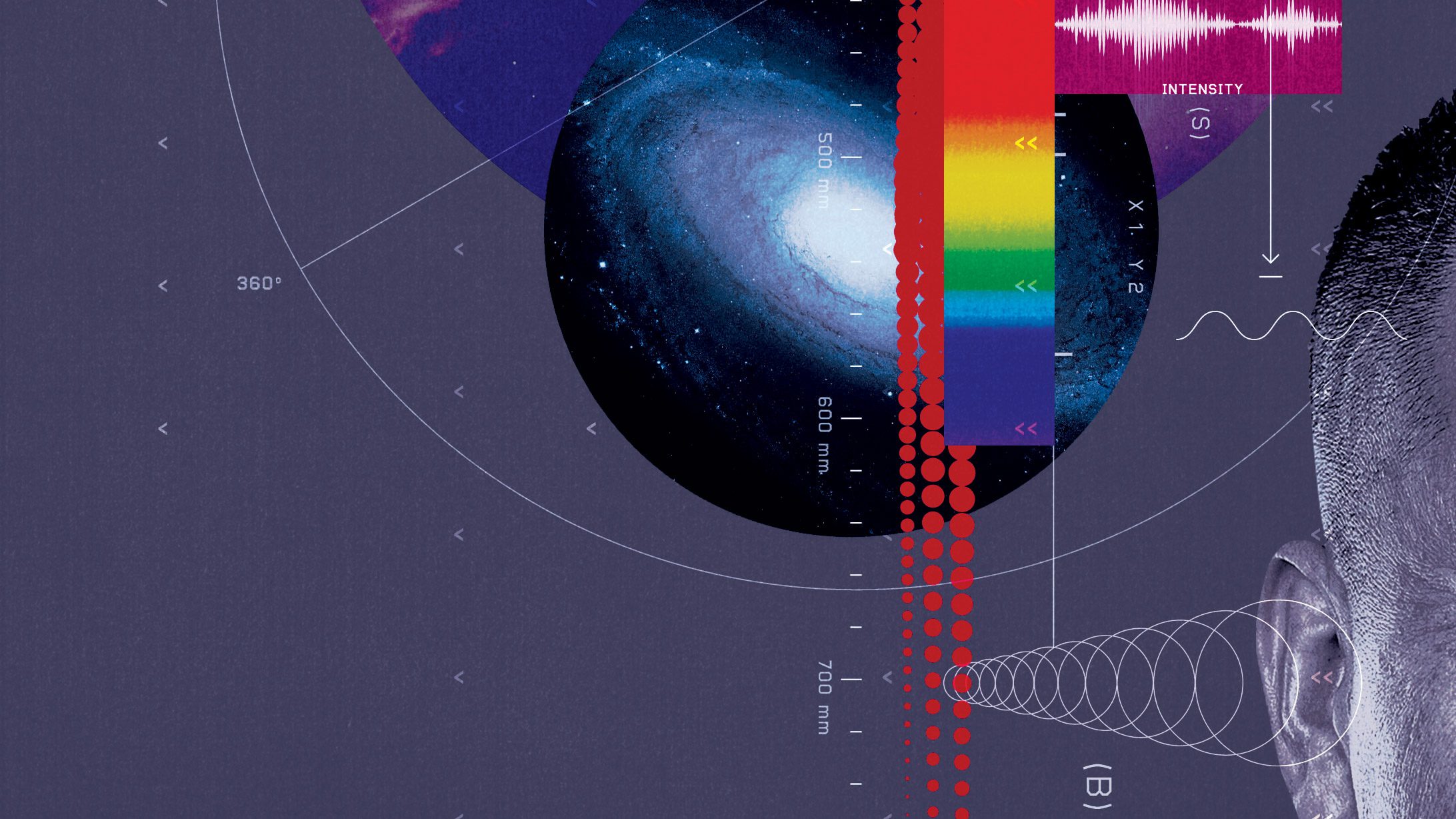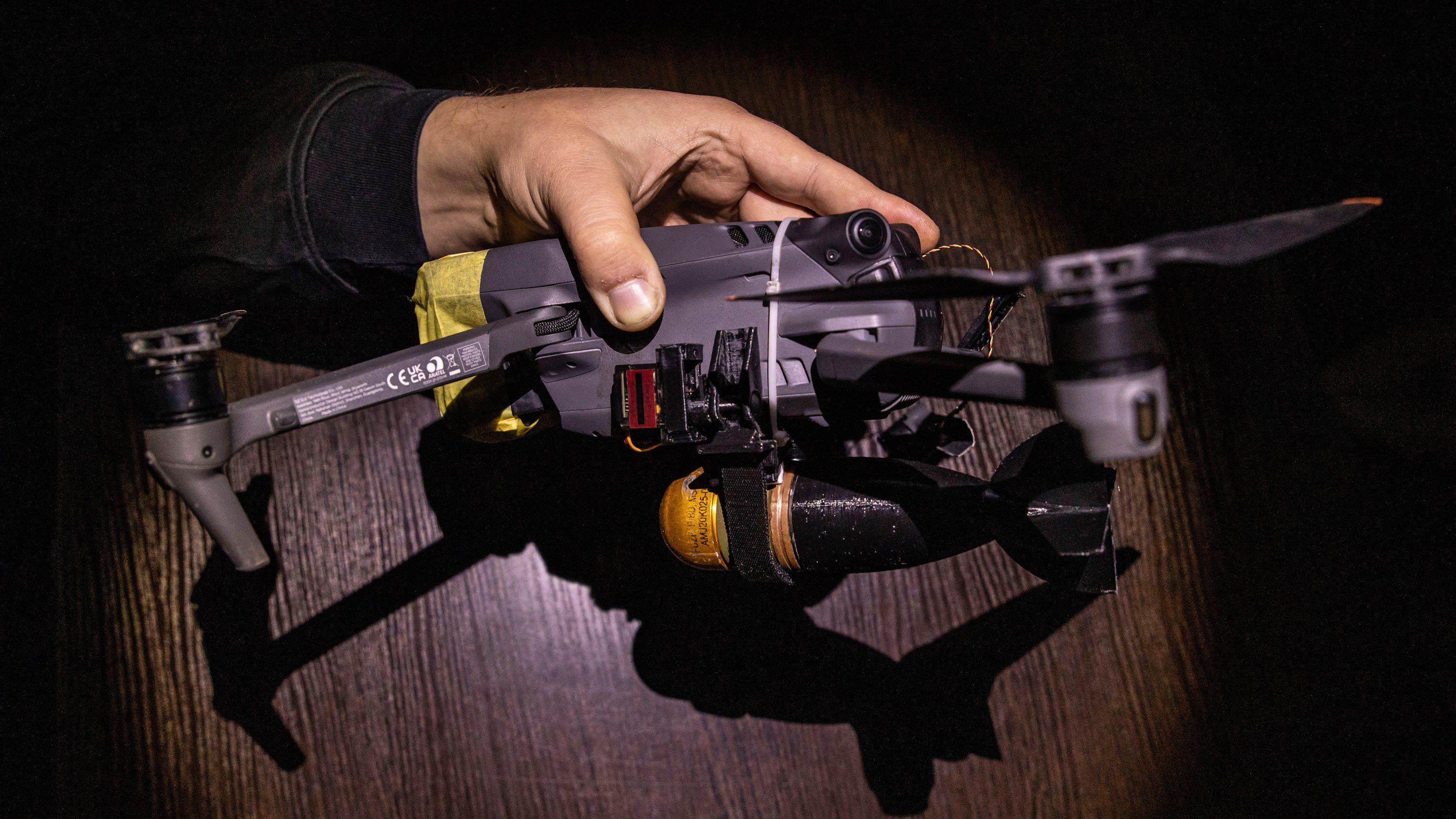The Download: hyperrealistic deepfakes, and using math to shape wood
This is today’s edition of The Download, our weekday newsletter that provides a daily dose of what’s going on in the world of technology.
Synthesia’s hyperrealistic deepfakes will soon have full bodies
Startup Synthesia’s AI-generated avatars are getting an update to make them even more realistic: They will soon have bodies that can move, and hands that gesticulate.
The new full-body avatars will be able to do things like sing and brandish a microphone while dancing, or move from behind a desk and walk across a room. They will be able to express more complex emotions than previously possible, like excitement, fear, or nervousness.
These new capabilities, which are set to launch toward the end of the year, will add a lot to the illusion of realism. That’s a scary prospect at a time when deepfakes and online misinformation are proliferating. Read the full story and watch our reporter’s avatars meet each other.
—Melissa Heikkilä
Meet the architect creating wood structures that shape themselves
Humanity has long sought to tame wood into something more predictable, but it is inherently imprecise. Its grain reverses and swirls. Trauma and disease manifest in scars and knots.
Instead of viewing these natural tendencies as liabilities, Achim Menges, an architect and professor at the University of Stuttgart in Germany, sees them as wood’s greatest assets.
Menges and his team at the Institute for Computational Design and Construction are uncovering new ways to build with wood by using algorithms and data to simulate and predict how wood will behave within a structure long before it is built. He hopes this will help create more sustainable and affordable timber buildings by reducing the amount of wood required. Read our story all about him and his work.
—John Wiegand
This story is from the forthcoming print issue of MIT Technology Review, which explores the theme of Play. It’s set to go live on Wednesday June 26, so if you don’t already, subscribe now to get a copy when it lands.
Live: How generative AI could transform games
Generative AI could soon revolutionize how we play video games, creating characters that can converse with you freely, and experiences that are infinitely detailed, twisting and changing every time you experience them.
Together, these could open the door to entirely new kinds of in-game interactions that are open-ended, creative, and unexpected. One day, the games we love playing may not have to end. Read our executive editor Niall Firth’s story all about what that future could look like.
If you want to learn more, register now to join our next exclusive subscriber-only Roundtable discussion at 11.30ET today! Niall and our editorial director Allison Arieff will be talking about games without limits, the future of play, and much more.
The must-reads
I’ve combed the internet to find you today’s most fun/important/scary/fascinating stories about technology.
1 Big Tech firms are going all-in on experimental clean energy projects
Due to the fact AI is so horribly polluting. But the projects range from ‘long shot’ to ‘magical thinking’. (WP $)
+ Making the grid smarter, rather than bigger, could help. (Semafor)
+ How virtual power plants are shaping tomorrow’s energy system. (MIT Technology Review)
2 Google is about to be hit with a ton of AI-related lawsuits
Its AI Overviews keep libeling people—and they’re lawyering up. (The Atlantic $)
+ Why Google’s AI Overviews gets things wrong. (MIT Technology Review)
+ Another AI-powered search engine, Perplexity, is running into the exact same issues. (Wired $)
+ Worst of all? There’s currently no way to fix the underlying problem. (MIT Technology Review)
3 Apple is exploring a deal with Meta
To integrate Meta’s generative AI models into Apple Intelligence. (Wall Street Journal $)
+ Apple is delaying launching AI features in Europe due to regulatory concerns. (Quartz)
4 NASA is indefinitely delaying the return of Starliner
In order to give it more time to review data. (Ars Technica)
5 Chinese tech companies are pushing their staff beyond breaking point
As growth slows and competition rises, work-life balance is going out the window. (FT $)
6 Used electric vehicles are now less expensive than gas cars in the US
It’s a worrying statistic that reflects the cratering demand for EVs. (Insider $)
+ The problem with plug-in hybrids? Their drivers. (MIT Technology Review)
7 Check out these photos of San Francisco’s AI scene
The city is currently buzzing with people hoping to make their fortune off the back of the boom. (WP $)
8 The next wave of weight loss drugs is coming
The hope is that they might be cheaper, and come with fewer side effects. (NBC)
9 Elon Musk is obsessed with getting us to have more babies
He’s funding and promoting some pretty wacky theories about a coming population collapse. (Bloomberg $)
+ And we’re losing track of the number of kids he has himself. (Gizmodo)
10 Before smartphones, you could pay people to Google stuff for you
In the noughties, if you were arguing with friends over something factual, you could just call AQA to settle it. (Wired $)
Quote of the day
“The internet has just gotten so much duller.”
—Kelly, a copywriter from New Hampshire, tells the Wall Street Journal about the impact of AI online.
The big story
How a tiny Pacific Island became the global capital of cybercrime

November 2023
Tokelau, a string of three isolated atolls strung out across the Pacific, is so remote that it was the last place on Earth to be connected to the telephone—only in 1997. Just three years later, the islands received a fax with an unlikely business proposal that would change everything.
It was from an early internet entrepreneur from Amsterdam, named Joost Zuurbier. He wanted to manage Tokelau’s country-code top-level domain, or ccTLD—the short string of characters that is tacked onto the end of a URL—in exchange for money.
In the succeeding years, tiny Tokelau became an unlikely internet giant—but not in the way it may have hoped. Until recently, its .tk domain had more users than any other country’s: a staggering 25 million—but the vast majority were spammers, phishers, and cybercriminals.
Now the territory is desperately trying to clean up .tk. Its international standing, and even its sovereignty, may depend on it. Read the full story.
—Jacob Judah
We can still have nice things
A place for comfort, fun and distraction to brighten up your day. (Got any ideas? Drop me a line or tweet ’em at me.)
+ Feeling challenged? Why not try the Japanese approach of ‘ukeireru’ to tackle what’s bothering you.
+ The incredibly weird origins of pop hit Maniac have to be read to be believed.
+ This summer is already chock-full with pop bangers—don’t miss out.
+ Why short novels are the best.


















